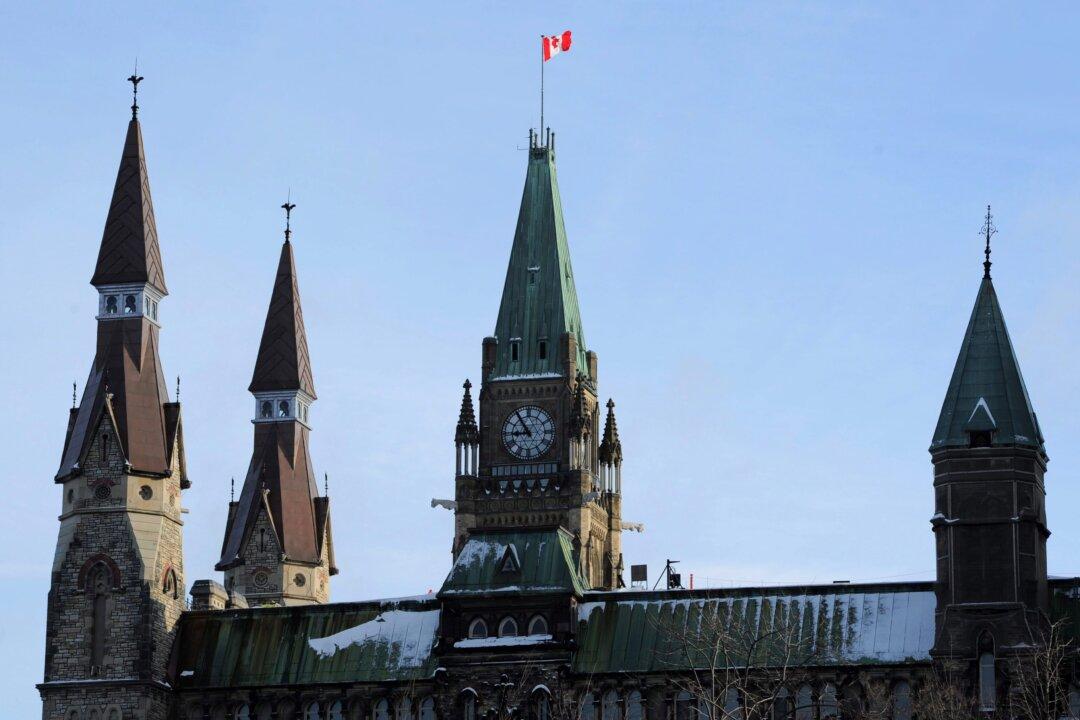Canadian governments are more talk than action when it comes to transparency and accountability, say some in watchdog organizations.
Duff Conacher of Democracy Watch says he is still waiting for the “open by default” government the Trudeau Liberals promised prior to their election in 2015.





